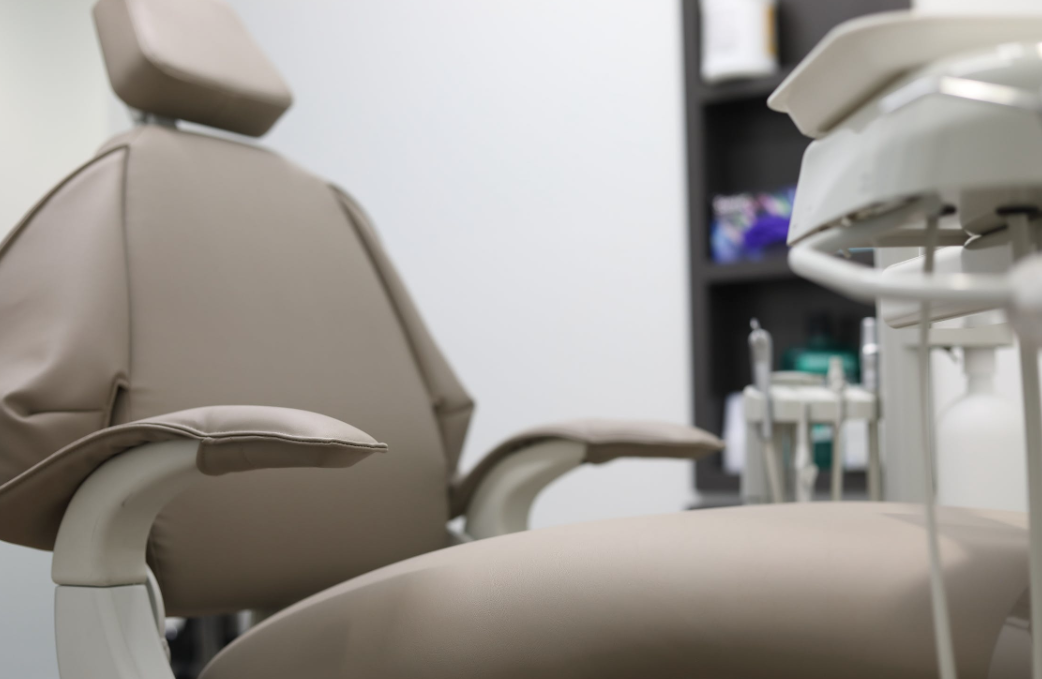Even if you do everything in your power to preserve your oral health, there may come a point when you need to consider having your wisdom teeth extracted. Those teeth can easily become infected if you aren’t careful, and a painful tooth infection will bring your life to a grinding halt. Luckily, tooth extractions are very easy to carry out, and this procedure is going to reduce your risk of many different health complications.
Lingering Pain
Ongoing tooth pain is usually the result of an infection, and this warning sign must never be ignored. When an infected tooth isn’t extracted, the infection could spread to the rest of the body. Every case is slightly different, but an infected or impacted wisdom tooth will usually result in sharp pain whenever you bite down on something. You might also notice a dull ache near the back of your mouth throughout the day.
Stiff Jaw
When your wisdom teeth come in, they are going to push against all of the nearby teeth. Over time, that additional pressure could cause chronic inflammation around the hinges of your jaw. You might notice that your jaw seems tight or inflamed when you first wake up in the morning. Some patients also claim that they feel as if they can’t open their mouths all the way because of the swelling.
Misaligned Teeth
All of your teeth support one another, and you are probably going to develop alignment issues if the wisdom teeth aren’t removed. One of the most common alignment issues is overcrowding near the front of the mouth. The upper and lower teeth will slowly begin to twist and turn until they are no longer in the correct positions. Those alignment issues will increase your risk of dental fractures, tooth decay, and other oral health problems.
A Cyst Near the Wisdom Teeth
An oral cyst is a small sac that fills up with mucus or pus. Those pockets of fluid usually develop around infected teeth, and they will do quite a bit of damage when left untreated. A cyst can destroy the roots of your teeth, infect the nearby soft tissue, and weaken your jaws. Over time, a cyst might also turn into a tumor that a dentist will need to remove surgically.
In addition to keeping an eye out for these early warning signs, you should also schedule a checkup with your dentist once every six months. During those appointments, your dentist will be able to catch and treat minor oral health problems well before they become serious health complications.
